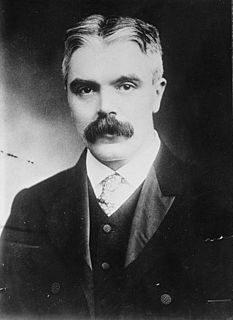A Quote by Manisha Sinha
Slave rebellions, especially the [1791] Haitian Revolution, had an ongoing effect on the ways in which abolitionists talked about ending slavery.
Quote Topics
Related Quotes
There are three ways in which a man becomes a slave. He may be born into slavery, or forced into it, or he can deliberately accept his servitude. All three forms flourish in the modern world. Men are born and forced into slavery in Russia and her satellites states. Men in the free world invite slavery when they ask the government to provide complete security, when they surrender their freedom to the "Welfare State."
You point out that war is only a symptom of the whole horrid business of human behavior, and cannot be isolated. And that, even if we abolish war, we shall not abolish hate and greed. So might it have been argued about slave emancipation, that slavery was but one aspect of human disgustingness, and that to abolish it would not end the barbarity that causes it. But did the abolitionists therefore waste their breath? And do we waste ours now in protesting against war?
Slavery's crime against humanity did not begin when one people defeated and enslaved its enemies (though of course this was bad enough), but when slavery became an institution in which some men were 'born' free and others slave, when it was forgotten that it was man who had deprived his fellow-men of freedom, and when the sanction for the crime was attributed to nature.
All you have to do is go back to slavery - days, and there were two types of slaves, the house slave and the field slave. The house slave was the one who believed in the master, who had confidence in the master and usually was very friendly with the master. And usually he was also used by the master to try and keep the other slaves pacified.
As a kid growing up St. Louis, Missouri, I lived in a predominantly black neighborhood. Any time people talked about slavery, it was always something like, 'If I was a slave, I wouldn't have been putting up with that. I would have been out in a heartbeat.' And it's like, sure, it's a very easy thing to say.






































